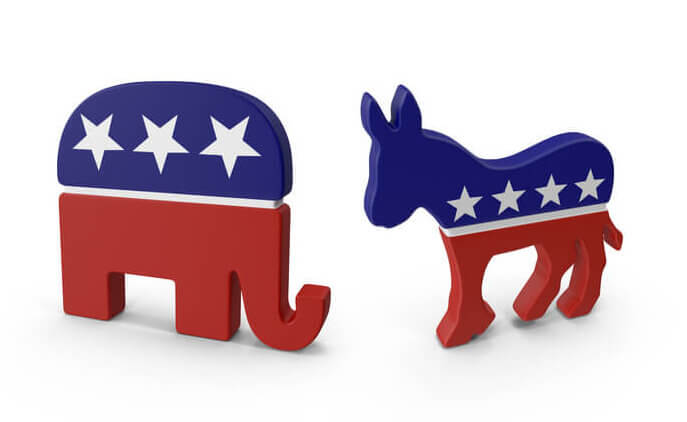According to a new poll released by the Ohio Conservative Energy Forum (OHCEF), conservative voters throughout the state overwhelmingly support public policies that encourage greater production of renewable energy.
Specifically, OHCEF found that two-thirds of Ohio conservatives believe that Ohio should diversify its energy generation portfolio by having at least half of Ohio’s energy come from renewable sources and that nearly two-thirds of respondents are more likely to support a politician who voted for/supported renewable energy or energy efficiency legislation.
The third annual poll was conducted by Republican polling firm Public Opinion Strategies, which specifically interviewed Ohio voters who identified as Republican or independents who also said they are conservative. Underscoring the conservative viewpoints of those polled, President Donald Trump had an 81% favorable rating, notes OHCEF.
Conservative voters also demonstrated significant support for establishing setback limits that protect a landowner’s right to lease property for wind projects, with 75% supporting this issue. Additionally, 67% favored establishing reasonable setback distances of a quarter of a mile from residences for wind projects.
“Paulding County has seen over $700 million in economic investment from three commercial wind projects since 2011,” says Jerry Ziekle, economic director of Paulding County, Ohio. “Thanks to local wind development, our county’s bond rating has increased to Aa3 from A1 by Moody’s. Also, our schools are receiving money from PILOT payments, and the Paulding County Area Foundation was able to award over $100,000 in scholarships to graduating seniors in 2018.”
“It was not surprising that conservatives view protecting property owners’ rights as very important,” notes Tyler Duvelius, executive director of OHCEF. “Fifty-two percent said protecting property owners’ ability to produce energy on their land was important to them. Simply put, it’s your land and your rules.”
Public Opinion Strategies conducted the survey on Jan. 19-22 and completed 400 telephone interviews with registered voters who identify as conservative. The margin of sampling error for this statewide sample of conservative voters is +/-‐4.9%.




